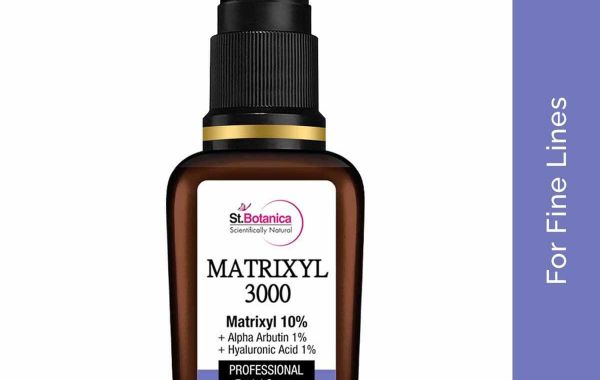is matrixyl better than retinol Matrixyl and retinol are two different skincare ingredients with distinct benefits and purposes, so it's not accurate to say that one is universally "better" than the other. Their effectiveness depends on your skincare goals and individual skin type. Here's a brief overview of both ingredients:
Matrixyl:
- Matrixyl is a brand name for a peptide complex, specifically Palmitoyl Pentapeptide-4. It is often used in skincare products for its anti-aging properties.
- Matrixyl works to stimulate collagen production and improve skin's elasticity, reducing the appearance of fine lines and wrinkles.
- It can help with improving overall skin texture and promoting a more youthful complexion.
- Matrixyl is generally considered safe for most skin types and is less likely to cause irritation compared to retinol.
Retinol:
- Retinol is a form of vitamin A and is one of the most studied and proven ingredients for various skin concerns, including acne, fine lines, wrinkles, and uneven skin tone.
- It increases cell turnover and stimulates collagen production, which can improve the appearance of fine lines and wrinkles.
- Retinol can help with issues such as acne and sun damage by unclogging pores and reducing hyperpigmentation.
- However, retinol can be harsh on the skin, causing dryness, redness, and peeling, especially when starting a new retinol regimen. It is important to introduce it gradually and use sunscreen during the day.
Whether Matrixyl or retinol is better for you depends on your specific skincare goals, skin type, and sensitivities. In some cases, they can even be used together as part of a comprehensive skincare routine. For instance, you may incorporate Matrixyl into your daily routine for its anti-aging benefits and use retinol a few times a week to address other concerns.
To make an informed decision, it's a good idea to consult with a dermatologist or skincare professional who can assess your skin and provide personalized recommendations based on your needs and any potential skin sensitivities.








